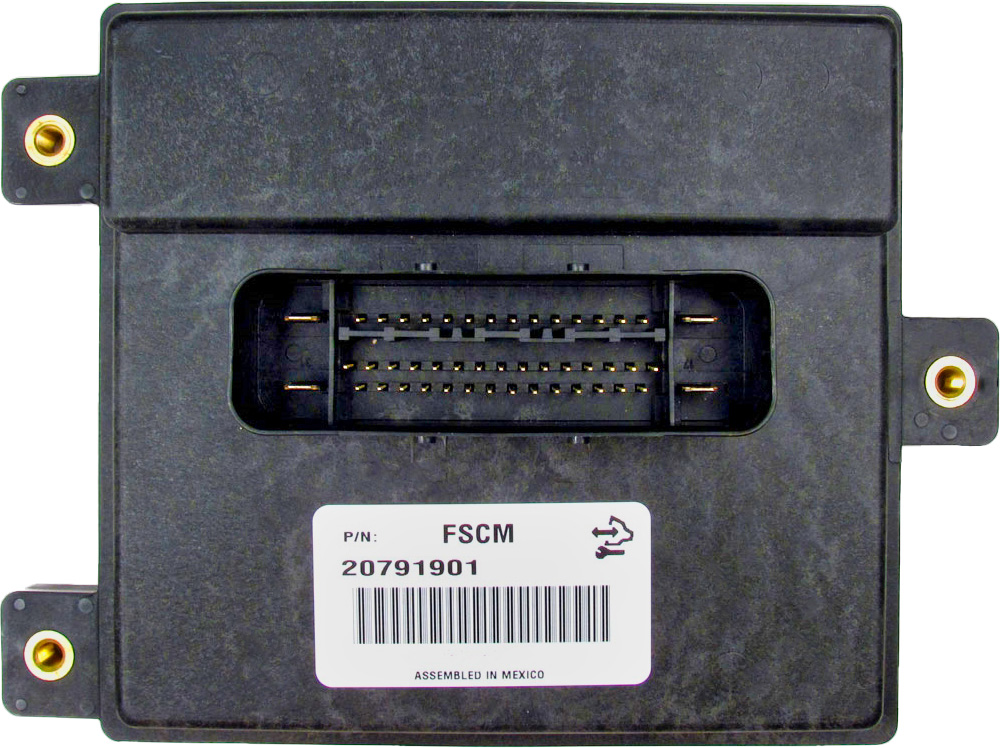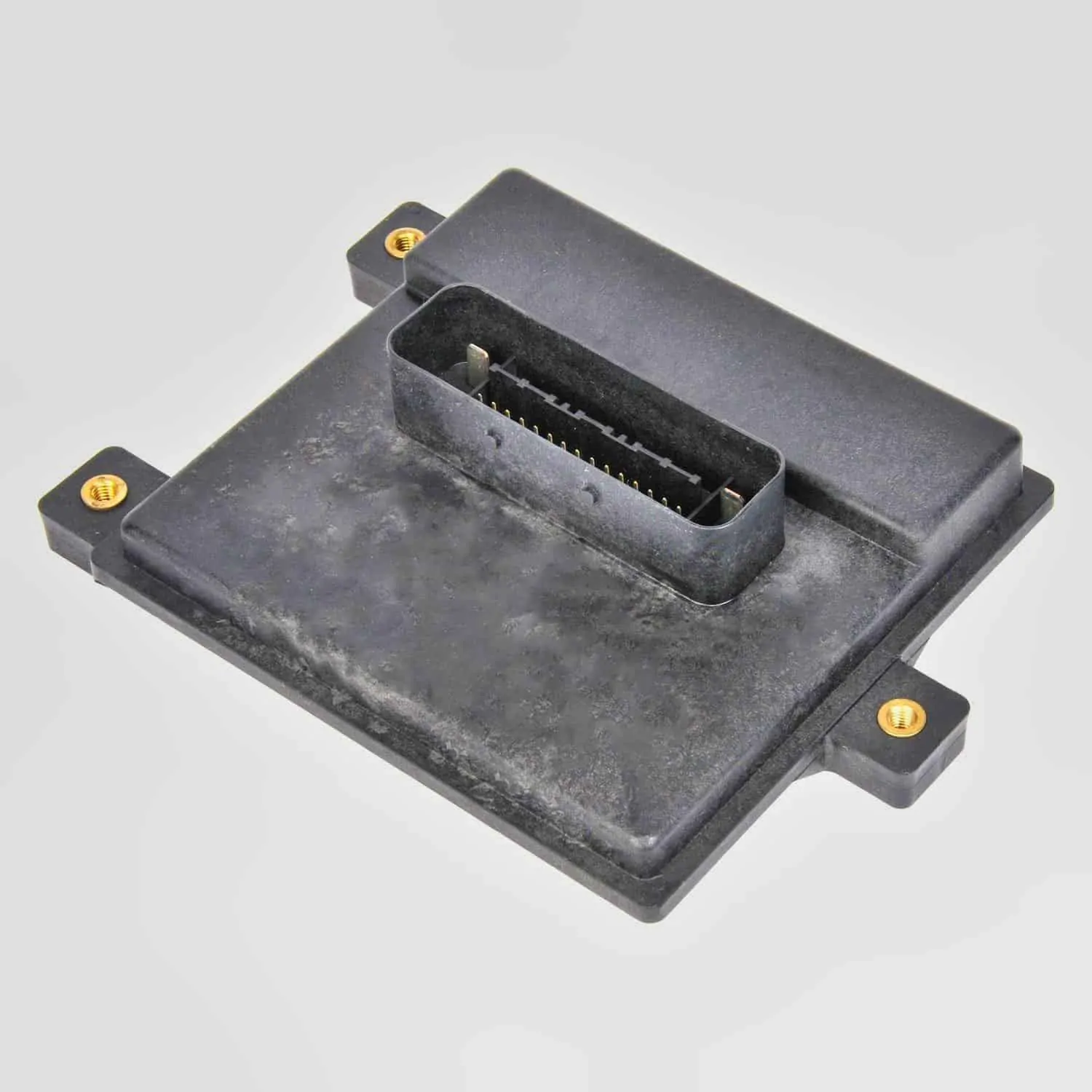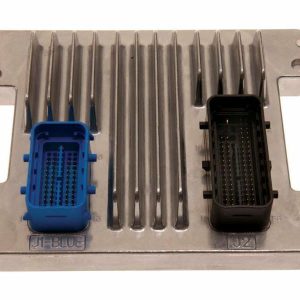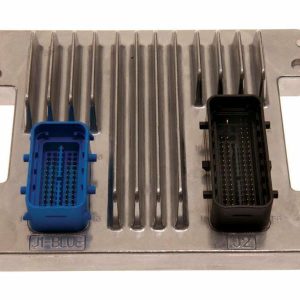Restore Your Vehicle’s Reliability with a Programmed FPCM
Is your truck or SUV stalling, hesitating, or refusing to start? A failing Fuel Pump Control Module (FPCM) is a common culprit on these GM vehicles, leaving you stranded and frustrated. Don’t let a small electronic part compromise the dependability of your workhorse. This module is the definitive solution, arriving at your door pre-programmed with the latest GM software specifically for your vehicle. Simply provide your VIN, and we handle the complex part, saving you a costly trip to the dealership.
Common Symptoms & Your Direct-Fit Solution
A faulty FPCM can mimic a bad fuel pump, leading to misdiagnosis and wasted money. If you’re experiencing any of the following, this module is your likely fix:
- Engine cranks but won’t start
- Sudden stalling while driving, especially under load
- Hesitation or sputtering during acceleration
- Reduced engine power and poor fuel economy
- Check Engine Light with codes like P069E, P0230, or P0606
This GM Fuel Pump Control Module 25967325 is engineered to be a direct replacement, restoring precise fuel pressure control and bringing your engine’s performance back to factory specifications. The plug-and-play installation means you can get your vehicle back on the road quickly and confidently.
Features & Benefits
- ✔ VIN-Programmed & Ready to Install: We flash the module with the newest GM calibration for your specific vehicle. No dealer visit required!
- ✔ Restores Proper Fuel Delivery: Eliminates dangerous stalling and no-start conditions by ensuring the fuel pump receives the correct voltage.
- ✔ Direct-Fit Replacement: Designed to match the original part’s fit and connections for a seamless installation on a wide range of GM trucks and SUVs.
- ✔ Cost-Effective Solution: Avoid expensive diagnostic fees and dealership programming charges. This is the smart fix for both DIYers and professional shops.
- ✔ This unit is backed by our one-year replacement warranty.
Expert Insight: The ‘Brain’ of Your Fuel System
Think of the FPCM as the brain that tells your fuel pump how to behave. In older systems, the pump just ran at full speed all the time. Modern systems use this module to vary the pump’s speed based on engine demand. This is great for efficiency and component life, but it also introduces a new point of failure. These modules are often mounted on the frame rail, exposed to heat, moisture, and vibration, which can lead to internal failure. Replacing it with a pre-programmed unit like this GM Fuel Pump Control Module 25967325 is the most efficient way to solve the problem permanently.
Frequently Asked Questions
Why does this module need to be programmed?
The Fuel Pump Control Module communicates with your vehicle’s main computer (ECU). Programming ensures it has the correct software and parameters to function properly with your specific engine, transmission, and emissions equipment. An unprogrammed module will not work correctly.
Where do I find my VIN?
Your 17-digit Vehicle Identification Number (VIN) can be found on your vehicle’s registration, insurance card, or on a plate on the driver’s side dashboard visible through the windshield. It is also typically on a sticker in the driver’s side door jamb.
Is this a difficult part to install?
For most of the listed trucks and SUVs, the FPCM is located on the driver’s side frame rail, often near the spare tire. Installation is typically straightforward for someone with basic mechanical skills. It involves disconnecting the battery, unplugging the electrical connectors, and unbolting the old module to replace it with the new one. Since our GM Fuel Pump Control Module 25967325 comes programmed, no further steps are needed.
Is this compatible with part number 20759945?
Yes. This module is a direct, compatible replacement for a range of part numbers, including 20759945, 13501024, 15213110, 20850907, 25785013, 25854536, 25866052, and 25967325.
What happens if I install it without programming?
An unprogrammed or incorrectly programmed module will not send the correct signals to the fuel pump. This will result in the vehicle either not starting at all or running very poorly, and it will almost certainly trigger a Check Engine Light.




